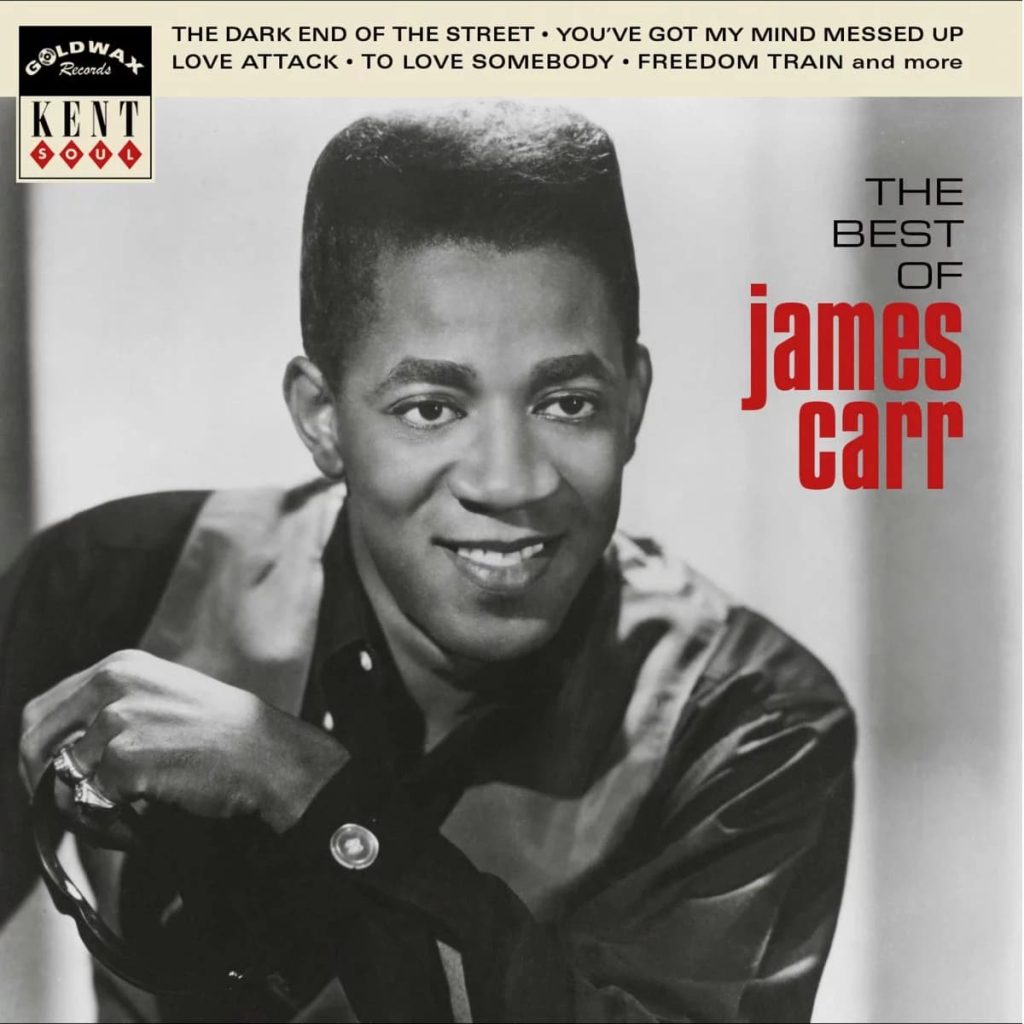
James Carr’s “The Dark End of the Street”: A Haunting Soul Classic of Love and Betrayal
James Carr’s “The Dark End of the Street” stands as a masterpiece of soul, a poignant and raw portrayal of forbidden love drenched in melancholy and vulnerability. Written by Dan Penn and Chips Moman in 1967, the song’s timeless narrative captures the aching beauty and moral conflict of a clandestine romance. With Carr’s deeply emotive delivery, the track transcended mere storytelling to become a visceral experience, resonating with listeners across decades.
The brilliance of Carr’s performance lies in his understated yet devastatingly effective vocal approach. Every note seems to carry the weight of unspoken longing, regret, and guilt, making the song feel as much like a confession as a melody. The restrained instrumentation—a blend of gentle guitar, subtle organ, and a steady rhythm—creates a haunting backdrop, amplifying the intensity of the lyrics. This perfect marriage of words, music, and voice transforms “The Dark End of the Street” into a piece of art that aches with realism.
While the song reached No. 10 on the Billboard R&B Chart and crossed over to No. 77 on the Hot 100, its cultural impact far exceeds its chart performance. Often covered but rarely equaled, it has become a touchstone for the soul genre, celebrated for its exploration of the complexity of human emotions and moral dilemmas. Carr’s interpretation remains definitive, a chilling reminder of his unparalleled ability to channel the deepest corners of the heart.
“The Dark End of the Street” endures as a testament to the power of soul music to tell the stories of love, loss, and human frailty with unmatched depth and authenticity. It solidified James Carr’s place as one of the most gifted voices in the genre, even if his star burned all too briefly.